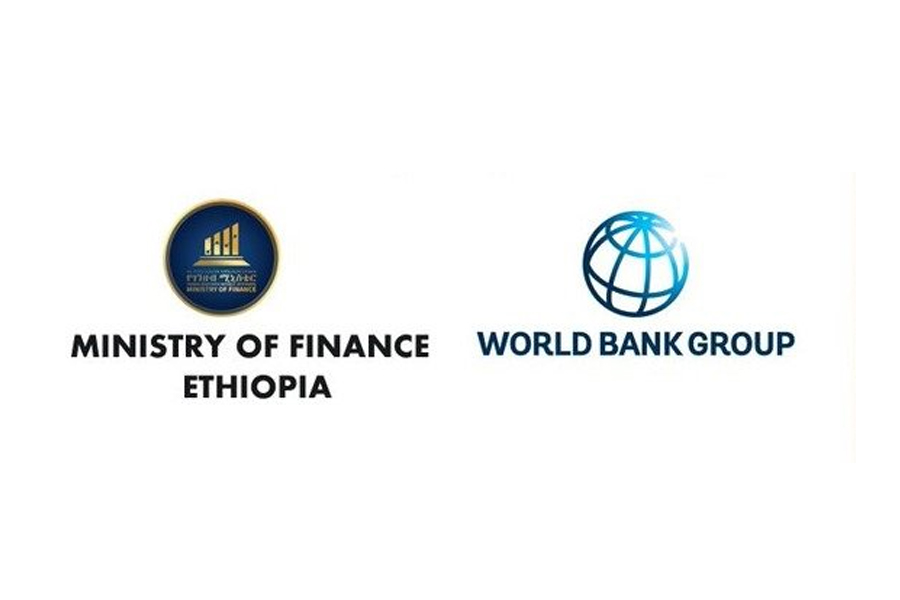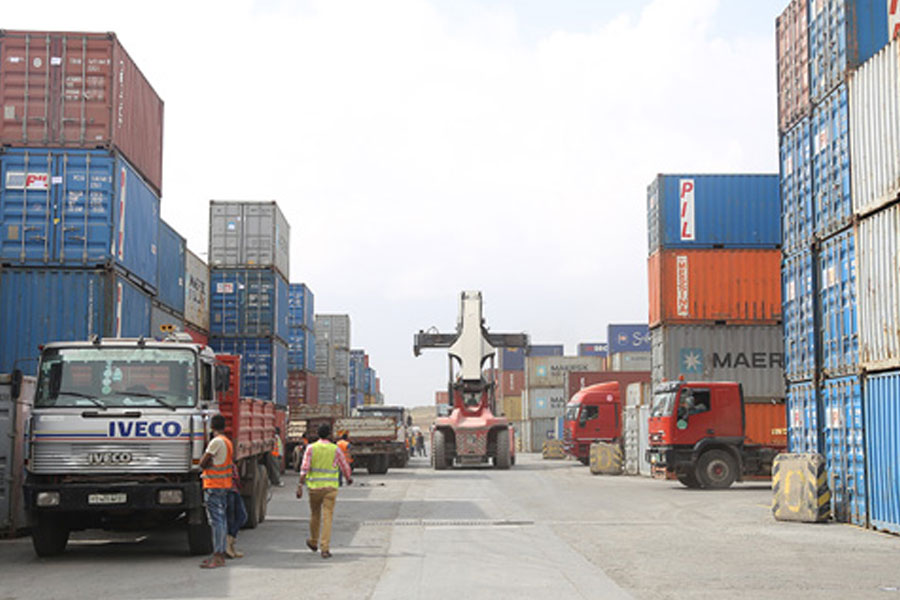
Fortune News | Oct 26,2019
May 15 , 2021
By SAMSON BERHANE ( FORTUNE STAFF WRITER )
Ethiopia's financial sector may welcome a specialised bank targeting small and medium-sized enterprises (SMEs), including those commonly referred to as “the missing middle”, if a proposal tabled to the administration receives a positive nod.
Ethiopia has yet to have a bank dedicated to small and medium enterprises; a proposal by the Federal Urban Job Creation & Food Security Agency will be tabled to the Council of Ministers, sources disclosed to Fortune. The authors of the proposal want to see the SME bank established as a share company, a process which is expected to be facilitated by the Agency. A board of directors follows up on the public offering of shares, with state ownership of shares suggested, though its equity depends on the number of shares that will be floated, according to persons who have seen the proposal.
A recent directive from the central bank requires banks to meet a threshold paid-up capital of five billion Birr in a few years.
Part of the equity could come from state-owned enterprises where some have already shown interest, Bekele Mengistu, deputy CEO of the Agency, confirmed to Fortune. The par value of shares will be decided once the proposal is approved.
"Many SMEs are suffering from a shortage of finance," said Bekele. "We're way behind even neighbouring countries, such as Kenya, where there's been an SME bank for over a decade. It's better late than never."
There is no consensus on what constitutes small and medium enterprises, but the Agency considers enterprises having below 100,000 Br in registered capital as micro-enterprises. Those having more than 100,000 Br but below 1.5 million Br are identified as small. A little over 110,000 micro and small enterprises were registered last year, providing job opportunities for close to 900,000 people, claims data obtained from the central bank.
Medium enterprises, however, must register capital between 1.5 million and 20 million Birr, qualifying them to borrow from over 40 microfinance institutions (MFIs). Although these institutions' amount of credit disbursed has reached 64.9 billion Br, the outstanding credit by the end of the last fiscal year showed a 10pc increase. Nonetheless, almost half of the enterprises in Ethiopia face a lack of access to finance, an enterprise survey carried out by the World Bank revealed.
"Micro-finance institutions have played a big role in meeting the credit demand of SMEs," says Bekele. "But, there's still a gap which requires attention and can easily be addressed by an SME bank."
The formation of the new SME bank will be initiated once the Office of the Prime Minister gives the nod, upon which the Ministry of Finance will follow up the responsibility of the establishment process.
The National Bank of Ethiopia (NBE) has already provided its feedback on the plan to establish the SME Bank and its senior officials have welcomed the decision, emphasising the need to form a specialised bank to meet the credit demand of businesses, according to an official who wants to remain anonymous for a lack of authority to make public statements.
Mukerim Habib, a major shareholder of a small enterprise involved in the manufacturing of bricks, backs the idea, but with some concerns.
Mukerim sees that the purpose of having micro-finance institutions was to satisfy the financial needs of small and medium enterprises, but they have failed largely because they eventually keep very high lending rates. He cites that it took him well over a year to secure a loan from Addis Credit & Savings Institution when starting his business.
Bureaucratic hurdles are another challenge pushing small businesses away, says Mukerim, adding that he was forced to partner with five people to meet one of the requirements to access the loan from the microfinance institution.
"It's discouraging for many to apply for credit," said Mukerim. "The establishment of an SME bank would add nothing unless it learns from the micro-finances."
Kinfemichael Yibkaw, a financial expert with two decades of experience, concurs.
Providing loans to the "missing middle" has a risk, though the idea of establishing a specialised bank for them seems appealing, according to Kinfemichael.
"Such businesses have a high mortality rate besides having no long-term vision and credit history, which undermines their ability to repay loans on time," said the expert.
There are 18 private and two public banks in the market, while another 20 are under formation. The existing banks' outstanding credit increased by 20.4pc in the last fiscal year, surpassing one trillion Birr, one-third of which went to the mining and energy sectors. Industry insiders have long argued for the need to establish a specialised bank in order to ease the financial constraints of small and medium enterprises that these banks do not provide coverage for.
The more challenging problem, however, would be the absence of a common definition for micro, small and medium enterprises.
"Every financial institution and government body has its own definition," Kinfemichael noted. "This should be cleared up before establishing the specialised bank since identifying the target group is crucial because it helps to know whether or not they already have access to finance."
PUBLISHED ON
May 15,2021 [ VOL
22 , NO
1098]

Fortune News | Aug 03,2019

Radar | Oct 05,2024

Radar | Sep 22,2024

Fortune News | Dec 04,2021

Fortune News | Jan 19,2024

Dec 22 , 2024 . By TIZITA SHEWAFERAW
Charged with transforming colossal state-owned enterprises into modern and competitiv...

Aug 18 , 2024 . By AKSAH ITALO
Although predictable Yonas Zerihun's job in the ride-hailing service is not immune to...

Jul 28 , 2024 . By TIZITA SHEWAFERAW
Unhabitual, perhaps too many, Samuel Gebreyohannes, 38, used to occasionally enjoy a couple of beers at breakfast. However, he recently swit...

Jul 13 , 2024 . By AKSAH ITALO
Investors who rely on tractors, trucks, and field vehicles for commuting, transporting commodities, and f...

Jul 5 , 2025
Six years ago, Ethiopia was the darling of international liberal commentators. A year...

Jun 28 , 2025
Meseret Damtie, the assertive auditor general, has never been shy about naming names...

Jun 21 , 2025
A well-worn adage says, “Budget is not destiny, but it is direction.” Examining t...

Jun 14 , 2025
Yet again, the Horn of Africa is bracing for trouble. A region already frayed by wars...